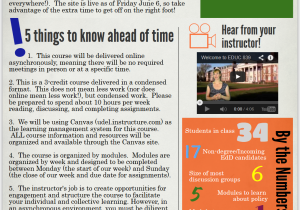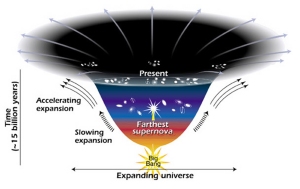
Places please! Sit in your seats! Be quiet. The play is about to begin and I am ready to play my part as an eager, attentive student. The teacher plays the leading role and her students play their supportive (or not) cast of characters.
I loved getting positive feedback from teachers. Any nod of approval and I was in heaven. And I learned that I was able to get good grades by following the formula. Good grades=Listen + Do the Homework + Be Attentive. I really did like school, but I think I liked the attention more.
I certainly felt that I could not show that I liked school. It was not “cool” to like learning. School was something to be dreaded. When many people were groaning about something, I was usually secretly excited.
I even noticed this sentiment when I took my first doctoral class last spring. The students were tiiirrreed. Because it was my first class in a few years, I was very motivated to have the opportunity to be in this class. I had energy and they were clearly exhausted. Not everyone, of course, but many. I felt guilty for having so much enthusiasm. But I did not let this interfere with my momentum and I forged on to have a great learning experience.
Yet, I learned the most about learning when I was a teacher for the FIRST Step Program in Wilmington, Delaware, in the early 90’s. “My” students were obligated by the State of Delaware to attend high school equivalency classes in preparation to take the GED test because they were on public assistance. It was in this electrified emotional environment I realized that the curriculum needs to meet the person not the person adjusting to curriculum. With significant effort I was able to create multiple levels of learning on just about everything we did. Our time spent together was more of an evolutionary process as we developed a strong community. 
I believe that everyone can learn and that this learning can provide opportunities. Unfortunately, education is only one piece of a complicated puzzle. Several of my students were battling various kinds of issues like substance abuse, domestic violence, and poverty. Other women were clearly controlled by the men in their lives. These adults were the children who were seen as difficult when they were in elementary and middle school and eventually dropped out. They felt that teachers did not care about them and because they were dealing with a less than supportive home-life, they chose the path of least resistance.
 It was during this time that I learned about Paulo Freire and the Pedagogy of the Oppressed and how society can be changed by creating a community of learners.
It was during this time that I learned about Paulo Freire and the Pedagogy of the Oppressed and how society can be changed by creating a community of learners.
I think the most important step in any educational activity is finding and igniting passion and a sense of exploration that is not dogmatic and tied to some artificial timeline. Preconceived notions of deadlines are the antithesis of true learning.













 I just wanted to say, thanks! Wow, what a trip, eh? That Canadian dude sure had us connecting, collaborating, curating, content aggregating, cooking. Wait, no, we didn’t cook, well, in one sense, yes we did! We were cookin’ all semester. Creating accounts all OVER the web, following more sites and streams than I ever thought possible. With a little help from Netvibes ;)
I just wanted to say, thanks! Wow, what a trip, eh? That Canadian dude sure had us connecting, collaborating, curating, content aggregating, cooking. Wait, no, we didn’t cook, well, in one sense, yes we did! We were cookin’ all semester. Creating accounts all OVER the web, following more sites and streams than I ever thought possible. With a little help from Netvibes ;)
